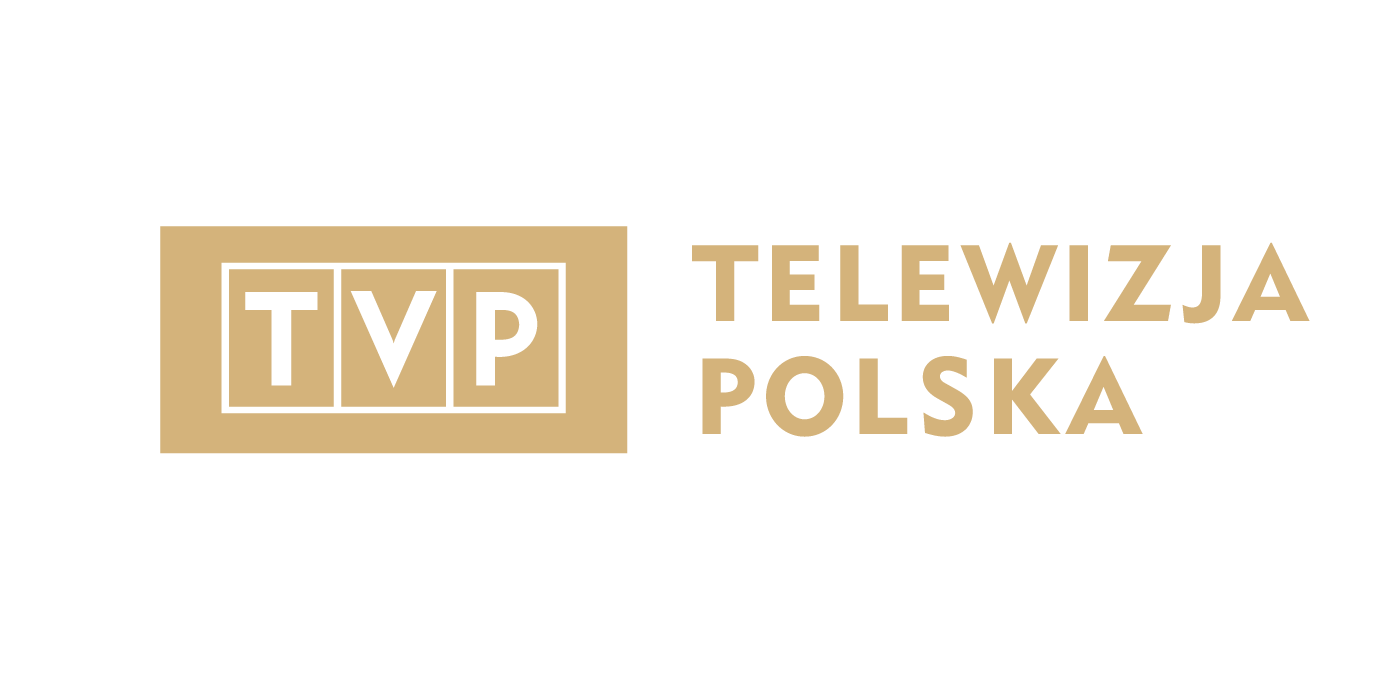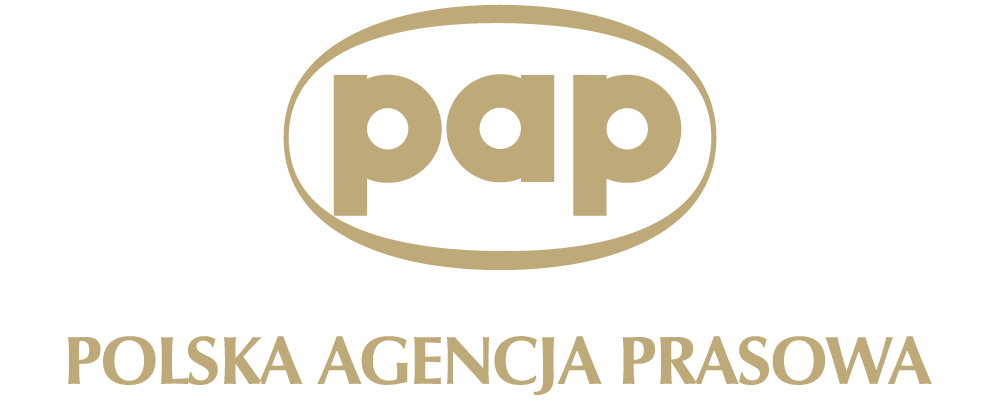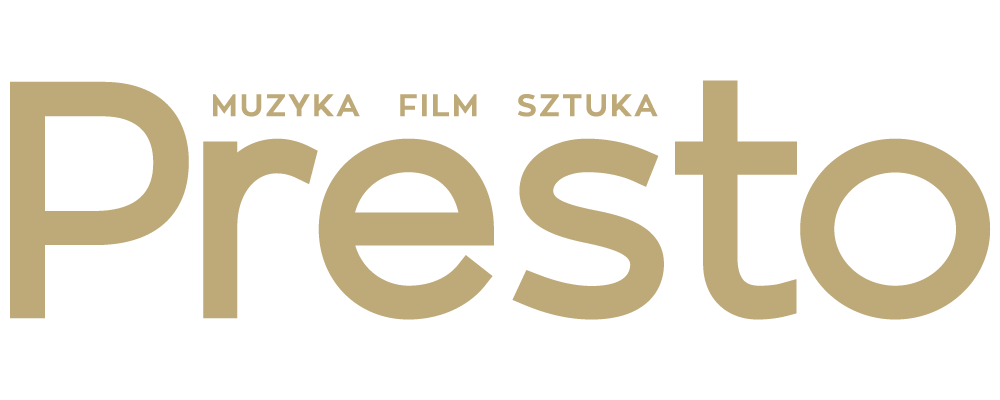INFORM
About the festival
The idea of the festival is to disseminate the cultural heritage of most of the countries today referred to as Central and Eastern Europe: from the Balkans, Romania and Austria, the Visegrad Group countries, Ukraine and Belarus, to the Baltic States. The area is an extremely interesting melting pot, which allows to discover its complexity through the variety of works and artists presented. The uniqueness of the Festival is, on the one hand, drawing on tradition, and on the other, presenting completely new, previously undiscovered sounds. The euphonies present music of various eras and styles.
The name of the festival comes from the word euphonia (from Greek ευφωνία, euphonia), denoting harmoniously juxtaposed elements, harmoniously matched sounds. The festival’s identification is a combination of the letter “f” from the name and the sound hole of a violin, cello or double bass.
Festival director
Robert Piaskowski
Members of the Program Council
– Dr. Mieczyslaw Kominek – Chairman of the Council
– Eve Bogusz-Moore
– Ph. Beata Boleslawska-Lewandowska, prof. IS PAN
– Olga Smetanová
– Marek Horodniczy
– Aleksandra Jagiełło-Skupińska
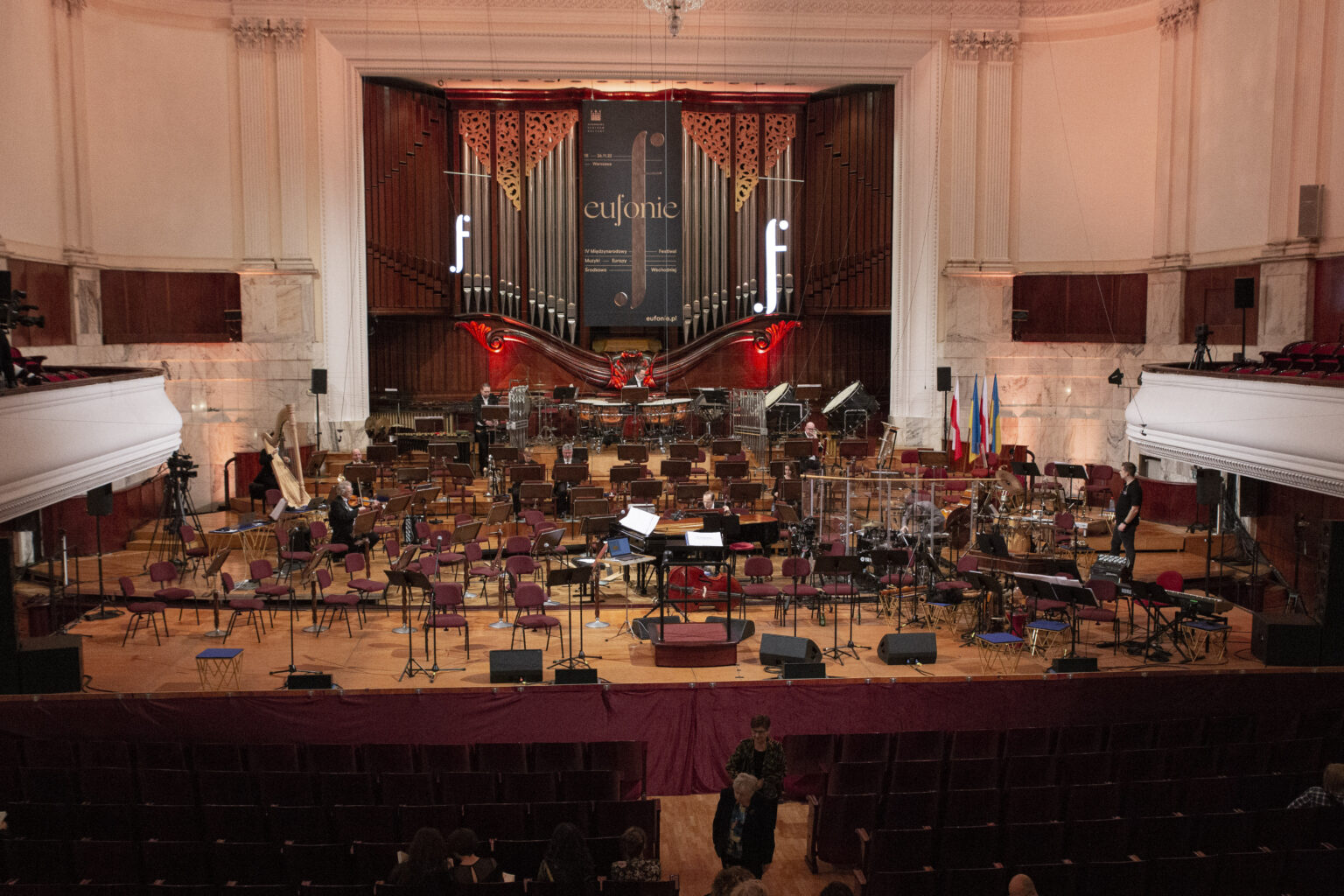
euphonies in numbers
Previous editions
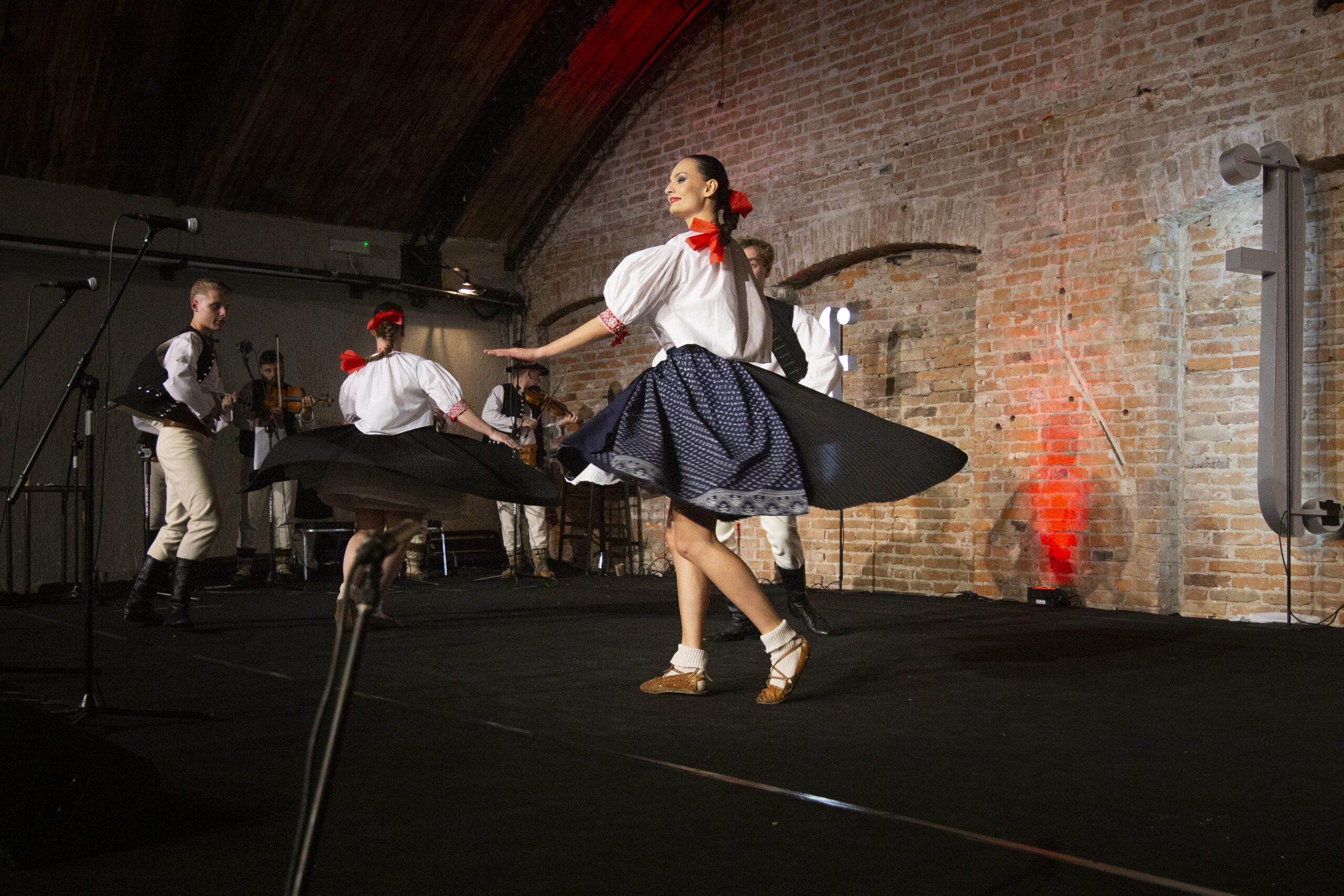
Worth knowing
Folk traditions the theme of the 5th edition of the festival
The 5th Euphonie International Festival of Central and Eastern European Music will begin on November 17. The first edition of the event organized by the National Cultural Center took place in 2018. Since then, the festival has found its place on the musical map of Warsaw. The program presented brings the audience closer to the music of the countries of our region. The theme of this year’s festival will be folk traditions reflecting national identity, which are an inexhaustible source of inspiration for artists. The program will include works by composers such as Karol Szymanowski, Bedřich Smetana, Jean Sibelius, Andrzej Panufnik and Franz Liszt. A unique opportunity to experience Armenian vocal works will be a concert by the Hover State Chamber Choir, the second part of which will be devoted entirely to the works of composers native to Armenia, such as Komitas and Vache Sharafyan.
Orlen is the Festival’s patron.
Organizers



Patron

Partners
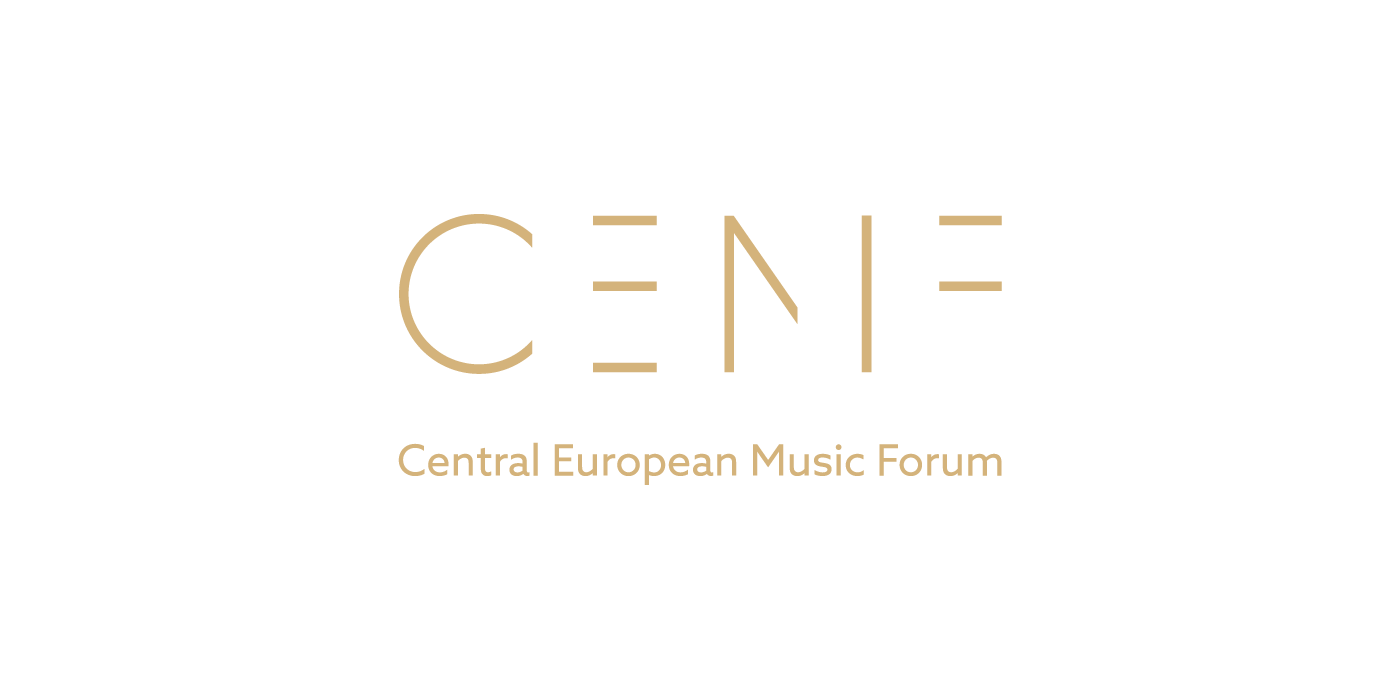
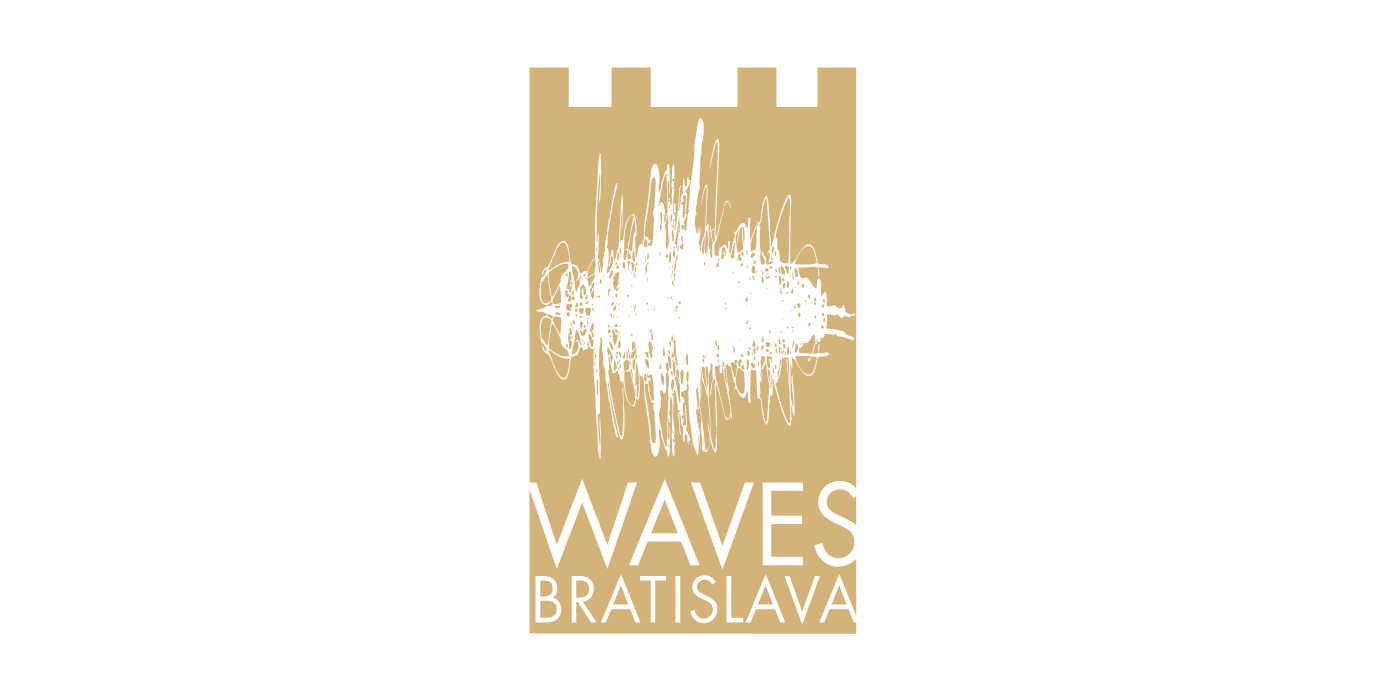

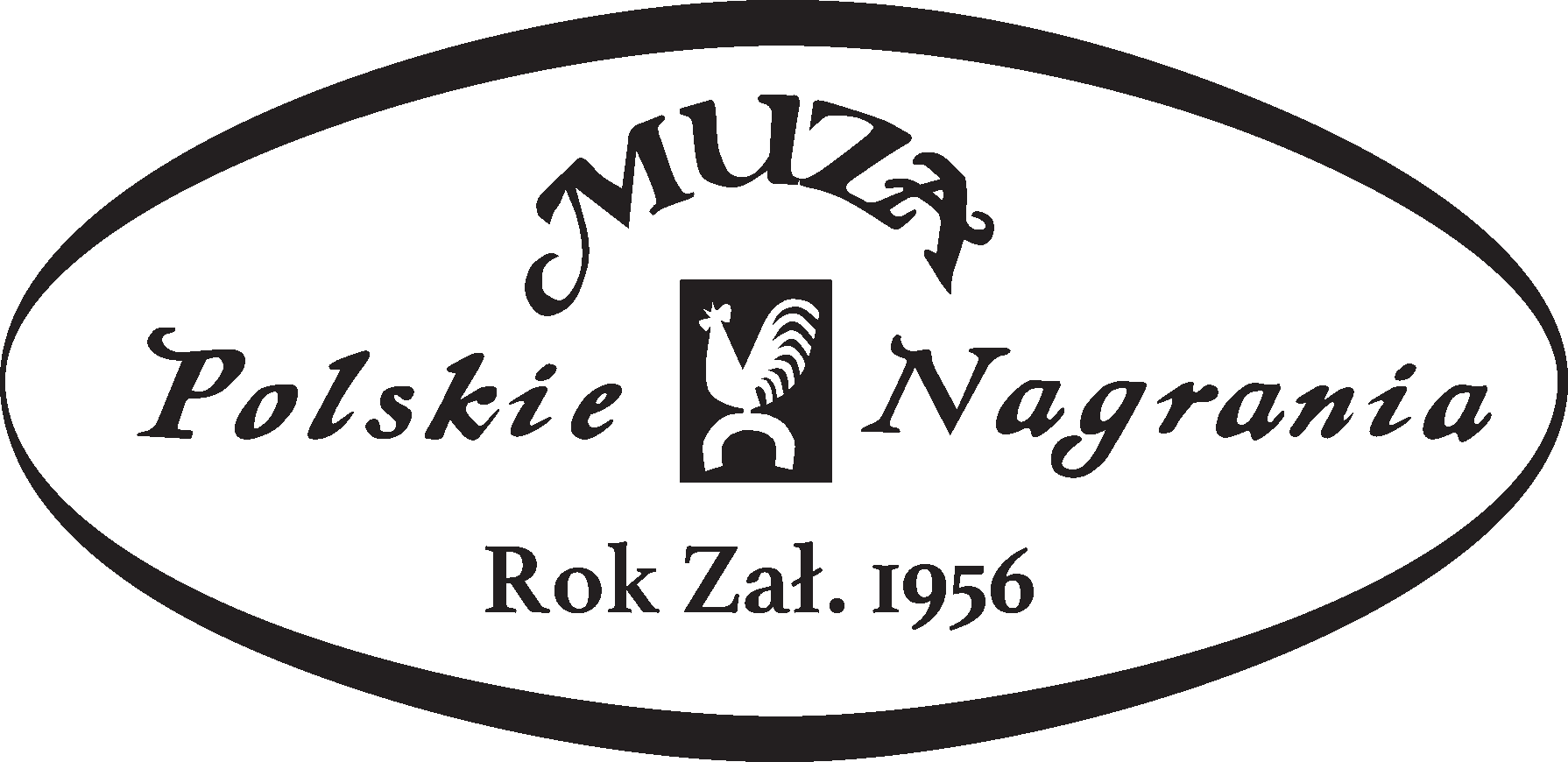

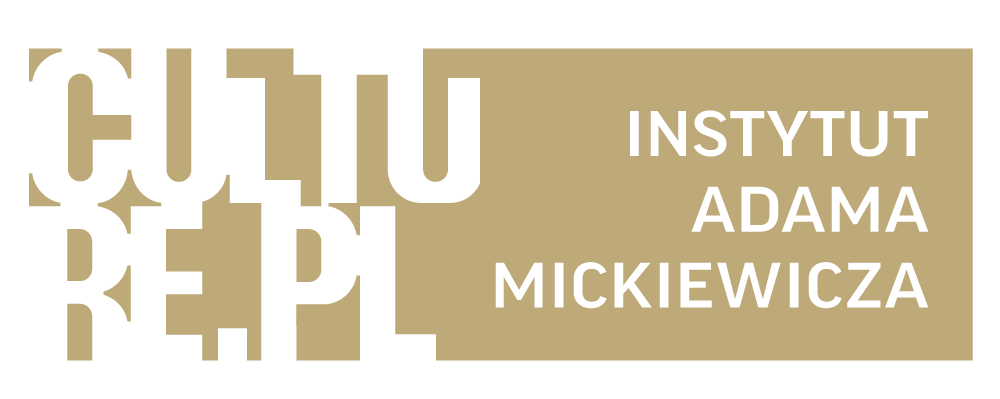
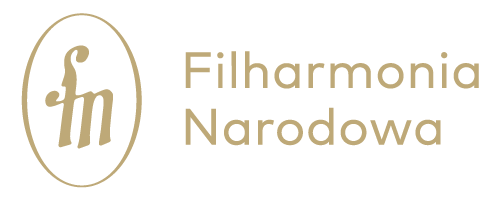




Media Patrons


